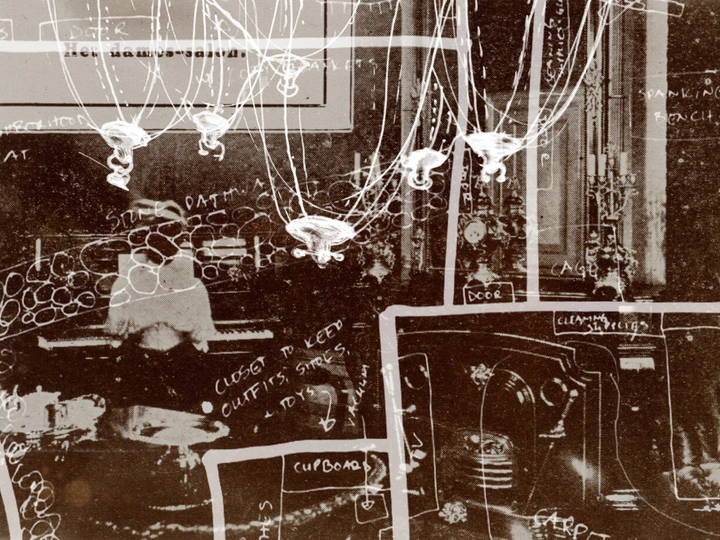Marginal Typologies: An Illicit Proposal

Rachel Refael (CA, 1992) is a spatial designer and researcher based in Rotterdam. Her practice explores the political entanglements between policy-making, culture, and the built environment. In 2020, she founded 166 Brut, an interdisciplinary studio working at the intersection of fine arts and design through collaborative, research-driven projects.
Rooted in archival and culture-based research, Refael’s work spans object design and spatial installations, responding to cultural, historical, and social themes with a focus on community engagement and co-design.
She holds a Master’s degree from the Piet Zwart Institute (NL), where she received the MIARD Alumni Research Award in 2021. She has also served as a visiting lecturer at the Gerrit Rietveld Academie (NL), SIT Abroad (NL), and ETH Zurich (CH).
Her work has been supported by BlueCity, Centrum voor Architectuur, FlevoLAB, FRONT® (formerly StoneCycling), and the Stimuleringsfonds.
Marginal Typologies: An Illicit Proposal explores how marginalised communities develop informal spatial models out of necessity: tactical, temporal structures or layouts that emerge as ways of resisting or negotiating space in response to exclusionary policies. These forms often arise where regulation fails to account for lived realities in the context of migration, or queerness. As such, many communities have developed urban vernacular interiors that are uniquely their own.
The proposal builds on Peeping Spaces, a research-led exhibition developed with Gavin O. O’Leary, with contributions from the PIC Amsterdam. Presented at ARCAM in 2024, it mapped spatial histories of sexwork in Amsterdam from the 1300s to the 1900s, tracing how various interiors acted as infrastructures of selective visibility, survival, and how residents of the city navigated them in response to shifting policies.
The research is developed to surface alternative forms of spatial knowledge and practices often hidden or dismissed by the bureaucratic nature of architecture. It gains urgency amid shifting legal and urban policies across Europe that increasingly displace informal lifeworlds. Rather than replicate the aesthetics or romanticise these interiors, this project seeks to highlight the logics embedded within them.
Former methodologies draw strengths from their combination of research and storytelling. It combined visual arts, architectural research, and archives to create a transdisciplinary project. Thus, it resonated with audiences while offering spatial reading of policy through multiple scales of disciplines. This proposal extends this methodology to examine other informal architectures shaped by necessity, and invites collaboration with LINA Members to translate knowledge into design-based formats.
Outcomes include exhibitions co-designed with communities, public programming such as lectures, panel discussions with community members, and workshops for the wider public.